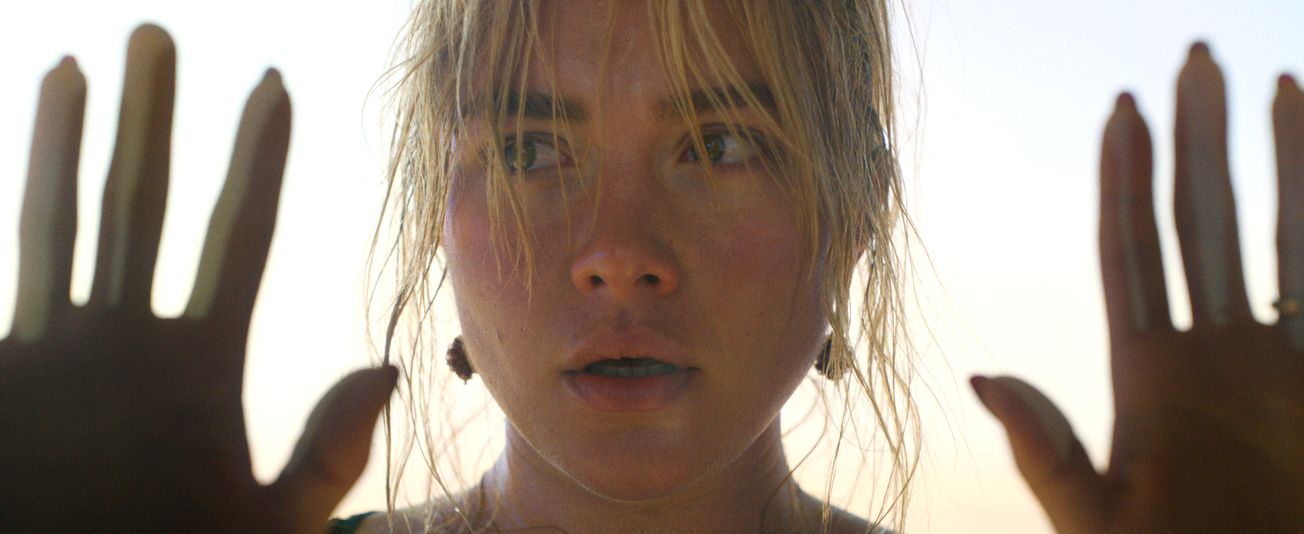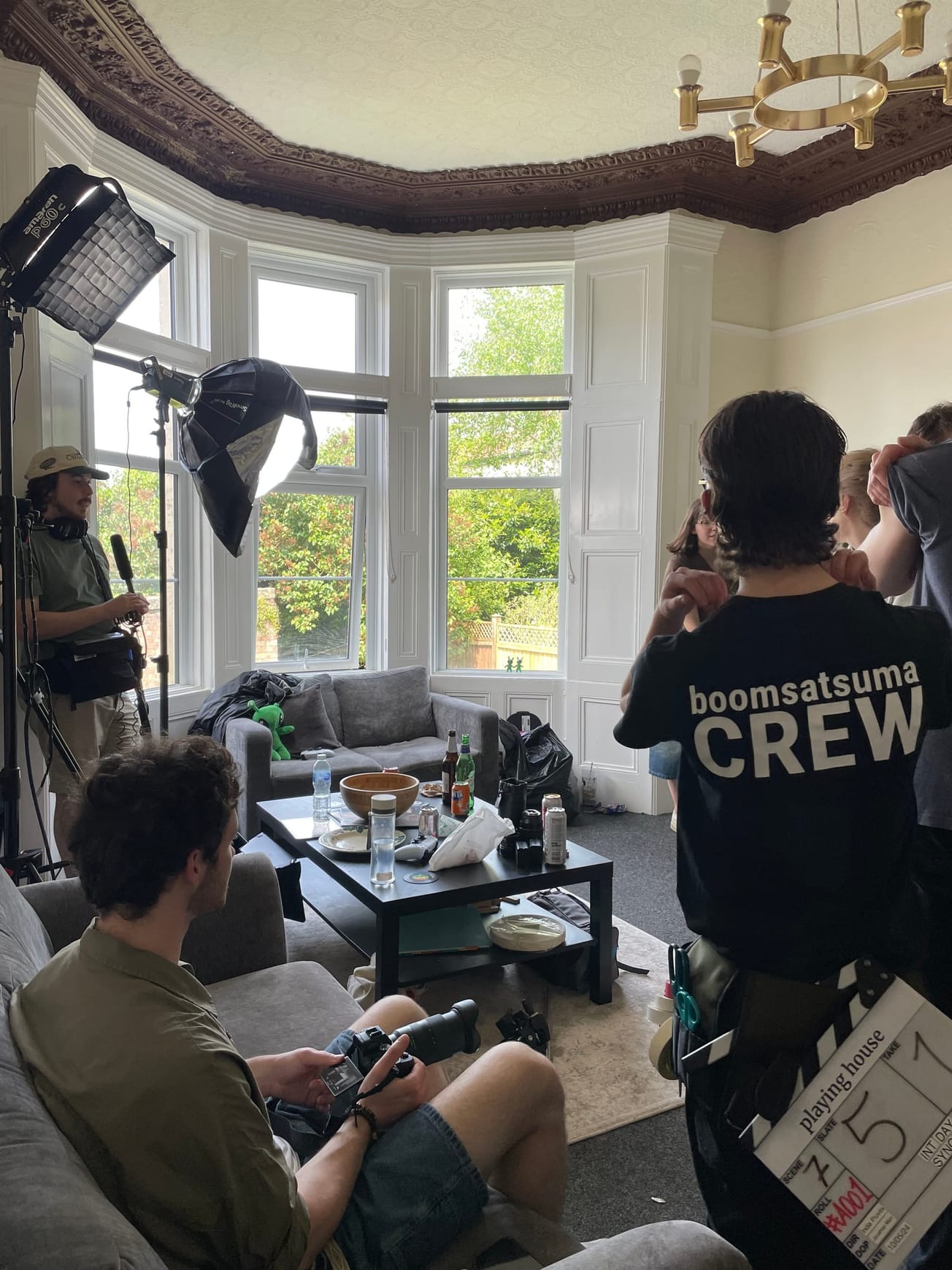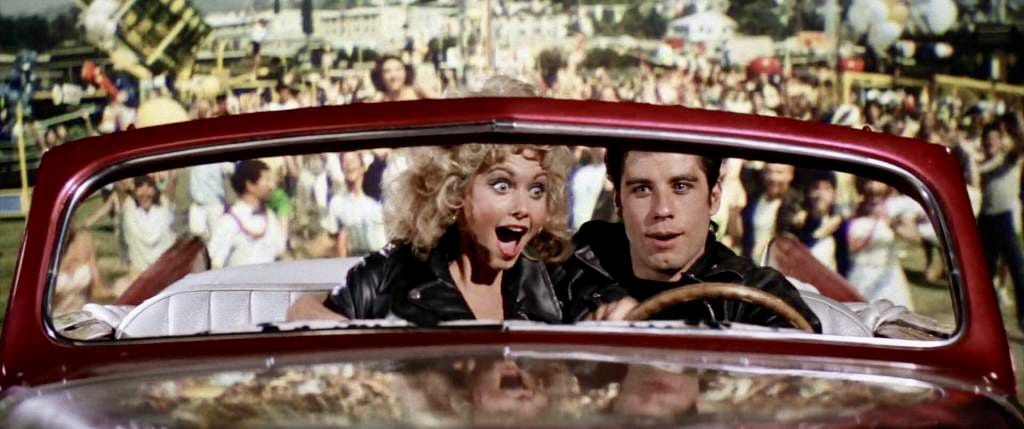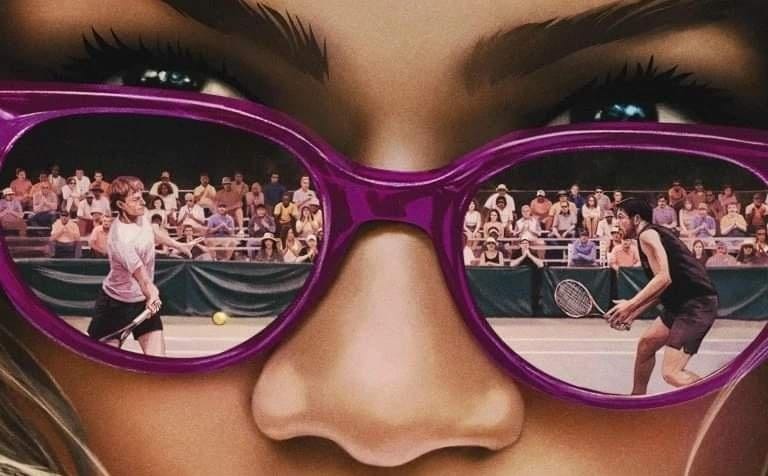By Tara de Mel, Second Year, English and Philosophy
To say the release of Don’t Worry Darling has been greatly anticipated would be an understatement, not least due to the media attention surrounding the ‘drama’ between the director, Olivia Wilde, and her star-studded cast. After Wilde’s directorial debut, Booksmart (2019), I was excited to see what she would do next, particularly with the themes of paranoia and the American Dream. Alas, after watching Don't Worry Darling this weekend, I was disappointed.
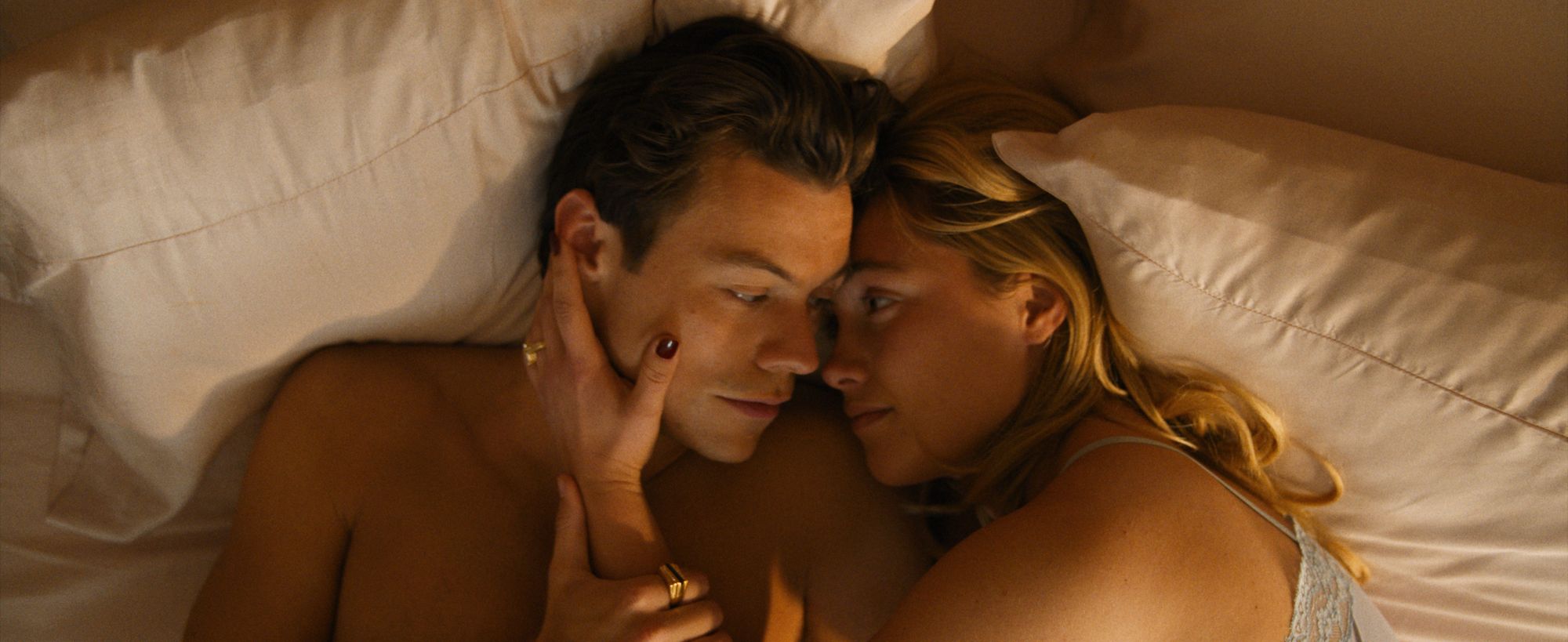
Jack Chambers (Harry Styles) and his wife, Alice (Florence Pugh), lead a seemingly idyllic existence in the company-town of Victory, surrounded by gleaming automobiles, endless cocktails, and the golden haze of 1950s suburban California.
However, the picture-perfect picket fence image starts to fall apart when the outbursts of a fellow Victory-wife lead Alice to look more closely into her glossy lifestyle: into the real purpose behind the Victory Project and its lauded founder, Frank (Chris Pine).
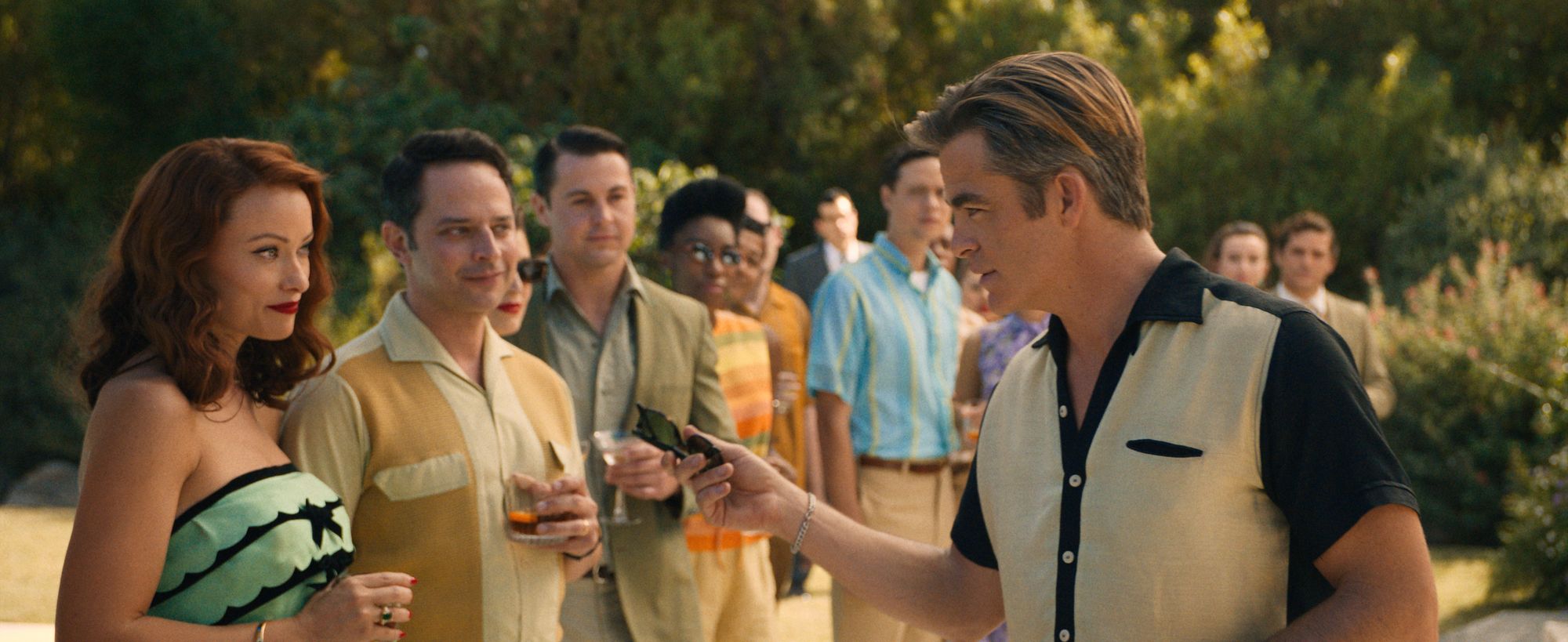
Don’t Worry Darling is visually beautiful, with viewers wooed by the sumptuous costumes, intentionally cliché set design and the vibrant, honey-tinted colour palette, which all ooze 1950s glamour.
Additionally, Matthew Libatique’s cinematography serves to capture the allure of Victory’s suburban abundance, whilst jaunty camera angles and hyper-sensory cutaways guide the feeling of nausea felt by Alice as she begins to notice that all is not well in her paradise neighbourhood.
Unfortunately, the film’s visual appeal is let down by the unoriginality of its script, which feels like an amalgamation of The Stepford Wives (1975) and something out of Black Mirror (2011-2019). Olivia Wilde and screenwriter Katie Silberman, come together again after Booksmart (2019) to create something that feels muddy and unfinished.
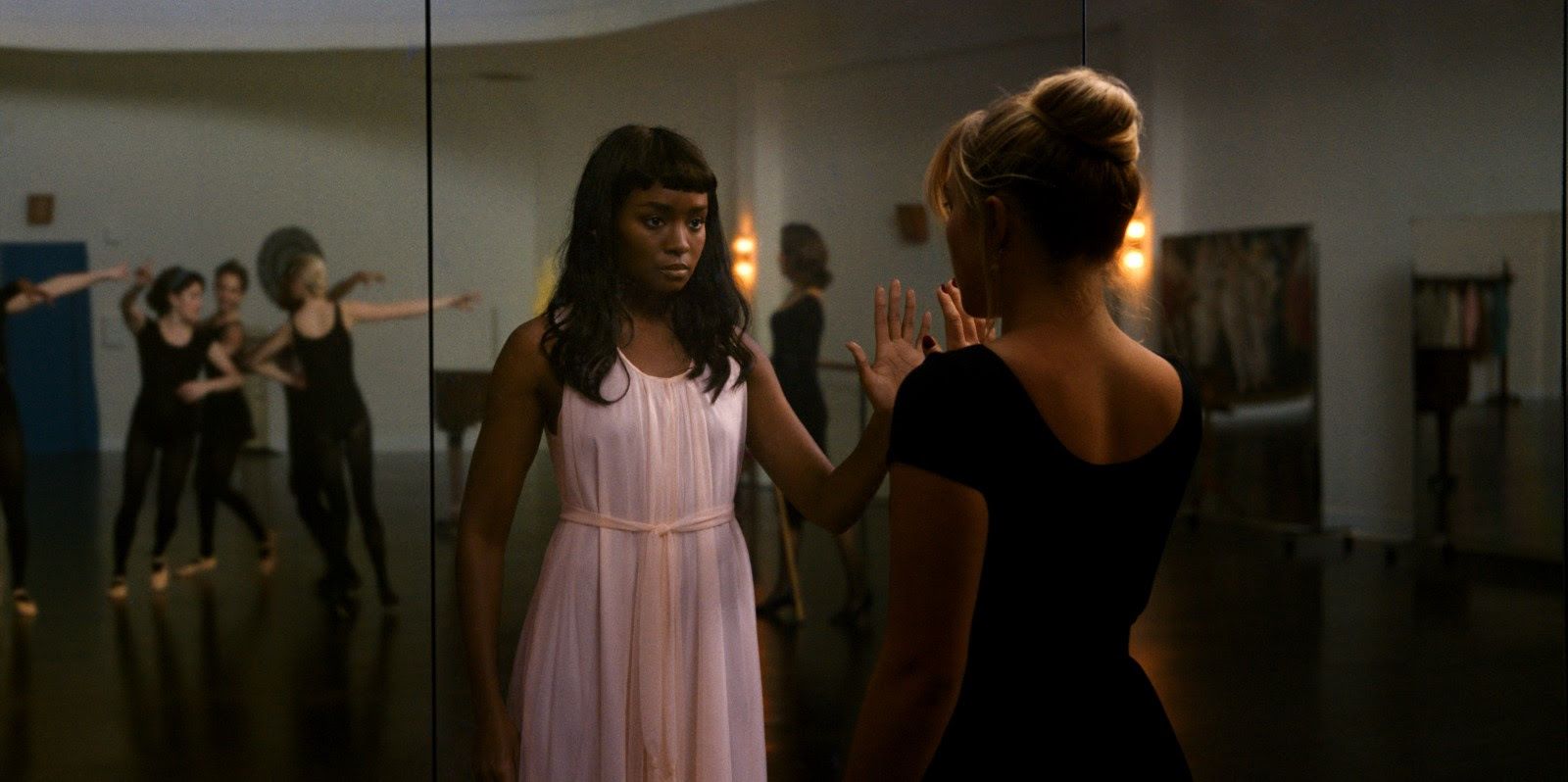
The problem here is not the intention of the film, which looks to pass comment on the evolving role of women in society, but the failure to truly unpack the motivation of those who choose to uphold the misogyny of a bygone era.
It was a missed opportunity not to delve into Frank’s idealism and the creation of the Victory project, Jack’s insecurities, or the self-aware choices of Bunny (Olivia Wilde) and Shelley (Gemma Chan).
The film spends too long gearing up for a big reveal that falls short of providing neither the shock nor explanation needed to bring something new to the table and as a result, the twists and minor reveals towards the end feel more like a desperate bid to pique interest and hold the viewer’s attention, rather than deliberate and meaningful additions to the plot.
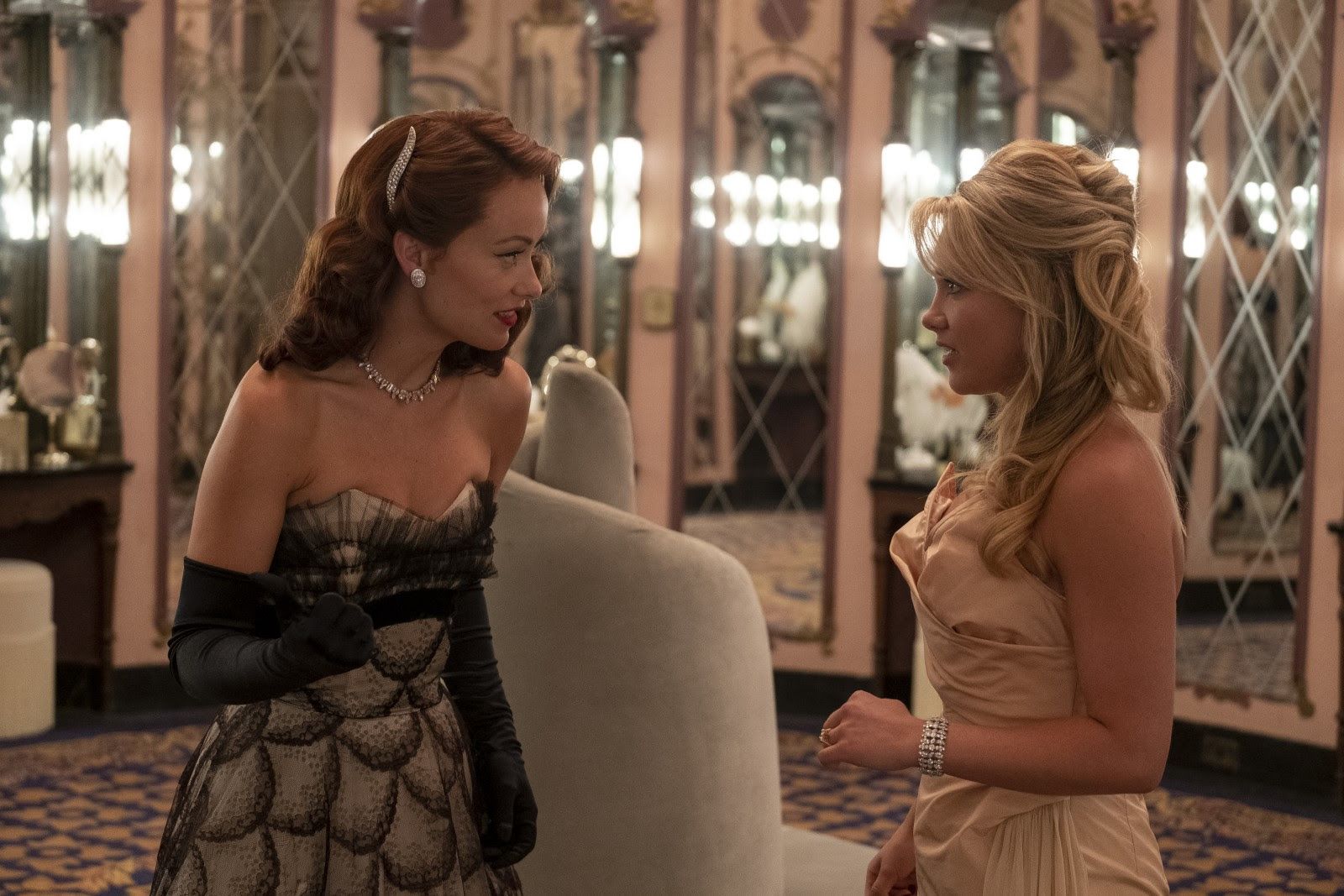
The saving grace of this film is certainly Florence Pugh, who is undeniably mesmerising. She thrives in confronting dysfunctional communities, as seen in Midsommar (2019) and Lady Macbeth (2016), and it is no different here.
Her performance alone seems to carry the film in areas where I otherwise would have lost interest. The same cannot be said for Harry Styles, whose one-dimensional performance lacks the intensity to capture the complexity of his character and hence fails to make his own story compelling.
I wanted to love this film, yet it falls despairingly short of the feminist cult classic I was expecting...
Featured Image: IMDB
Do you think Don't Worry Darling (2022) is deserving of all the hate it's getting?

